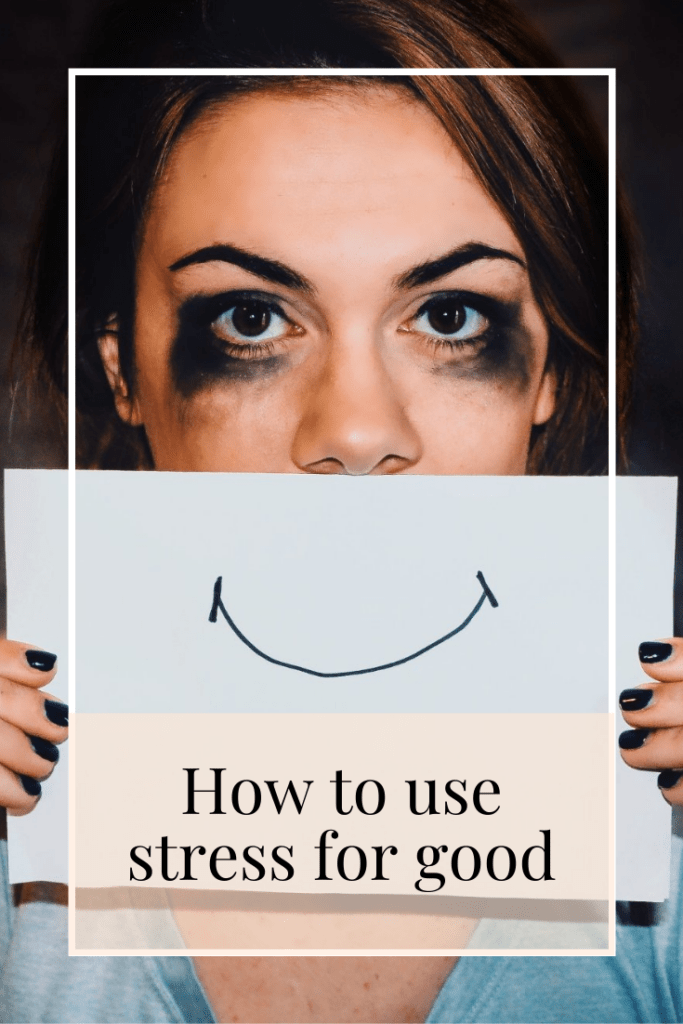Stress. Even the word can trigger it. My day-job could be extremely stressful, but thanks to my illness, I have learned how to use stress for good. Hopefully this article will show you how as well.
To use stress for good it’s about bringing the best energy to the time we have. Stress can be a good energy.
There are many cues that will cause a reaction in our brain without conscious need, for instance through our five senses – certain music, a smell, food – causing us to feel emotions without thinking about them. If we’re lucky, we have the memory to go alongside it, good or bad, so we can understand why we’ve been triggered.
Stress as a thing
Stress is such a “thing”. It’s become a dismissive answer to any negative behaviour. Stress can be caused by anything assaulting our senses. If we see, hear, touch, taste, or smell something that our primal brain deems to put us in danger, we have a stress response.
Often, what we can’t “see” is much scarier than what we can. We might struggle to feel creative at work, but one loud unknown sound in the house in the middle of the night and we are imagining all sorts of goings-on. A few of my friends love to open-water swim. Me? Hell no! Not least because I have lung problems, and not being able to put my feet down and keep my head above the water is a bad idea, but also, what the heck is swimming around in there?!
Some circumstances in daily life can cause stress: relationships, media, tech, and/or workload. Stress comes along in the form of tension, pressure, agitation, and/or overwhelm. And it can be subtle. How busy we are, we rush around, we pass the stress to others and we can take on theirs. We have a constant sense of being “unsafe” with not enough time, money, or energy to deal with all the demands on us.
Stress is not the problem. Our relationship with it is. Stress is there for a life-threatening situation prompting fight, flight, freeze, or in some of us, faint. Stress is what happens when demand exceeds capacity or what is wanted of us vs what we can actually give. These demands come from ourselves more often than they come from others. Perfection being such a demand.
We thrive with curiosity, creativity, and collaboration. When we are stressed, these go off-line. In turn, creating more stress for ourselves. What was once an enjoyable of evening of watching a film with your partner becomes not being able to tolerate their breathing.
What lies beneath
Imagine a dark, murky, lake, where you can’t see beneath the surface and what might well jump out at you. But you need to cross this lake. Instead of looking in to the water to see what is really there, we build a bigger boat to keep us safe. We minimise the problem. Rationalise it. We try to manage it. Or blame someone else. You might bury your head in the sand and pretend it doesn’t exist and just hope it goes away.
We keep pushing it down. The more we push it down, the more it builds stress.
A reaction designed to create action becomes only information causing continual wear and tear on us internally. We get sick, tired, and/or we get pretty damned mean.
Stress is a reaction. One reaction leads to another until the snowball effect. If we wake up thinking “I don’t have enough time” we fire-fight, and try to multi-task, and we get to the end of the day tired and wired. We achieved pretty much nothing, except for wasting a lot of energy.
A better way
What if we could look into that lake, learn from it, and how to use it to create positive change?
Or, instead of any moment of stillness, how about we DON’T reach for our phone?
Instead of reacting, what if we CHOOSE to respond?
When we react, our actions are not thought out and can have a detrimental effect on others.
A response is a decision. We make the choice of how we will handle something.
A conscious response is a positive action. We have more control when we make a decision and then take action.
Let’s instead approach with curiosity. When we’re curious, our primal brain quietens, and we can explore. We don’t explore when we sense danger. Therefore, I’m only open-water swimming if I sense I’m safe and I feel interested. Cue my Baywatch rescue buoy and a wetsuit.
Perception changes are what help us. Define. Appreciate. Adjust.
Take a few deep breaths and ask yourself:
Why is this really happening right now?
What is it I need in this moment?
What do I have evidence of that it’s true?
What is within my control?
What is out of my control?
How might this experience help me grow?
How might these lessons then help someone else?
Take a few more breaths:
Think of what you are grateful for, and feel the gratitude flow
Focus. What would it feel like to be in better state? Shift your posture. Wonder Woman pose anyone?
Daily energy audit:
What are your habits, rituals? Notice what is happening to see where you can improve.
What do you do to recharge?
Do you have time in your day to do it?
It’s about quality not quantity. Take breaks to eat, move, rest, be playful, be creative, be appreciate, make real connection. If you’re mainly giving out energy, you rarely have a chance to prime your brain to be positive.
The more we practice curiosity, the more flexible we are to adapt, talk, listen, and create better solutions.
Want to hear more? I’d love for you to sign up to my newsletter of weekly inspiration, mindset hacks, and content created with YOU in mind. I promise I won’t spam you, and you can unsubscribe at any time.

